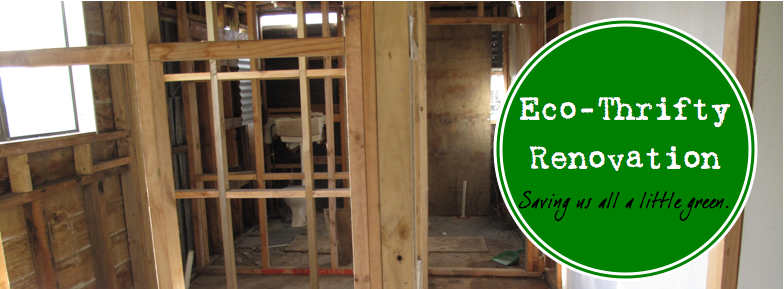Home Energy Awareness Training
Project HEAT helps Wanganui residents save energy and
money by giving advice on easy, low-cost ways to cut power bills.
Overview: Power bills have risen at a rate higher than wages and
benefits for the last 10 years, and that trend is likely to continue. At the
same time, many Kiwis suffer from illnesses associated with cold, damp homes.
Additionally, power bills make up a larger percent of the expenses for
low-income families and pensioners. Our consortium of community groups,
businesses and media outlets seek to help all Wanganui households, but
particularly those in need.
Project HEAT helps renters and owners alike make their homes
warmer, dryer, healthier and less draughty in three ways: 1) presentations in
every suburb explaining easy, low-cost ways to save energy at home; 2) home
energy audits; 3) instructional DIY workshops that teach how to make and
install low-cost energy-saving devices. Warmer, dryer homes improve the health
of the occupants, and lower power bills make money available for other
household expenses.
Current Partners:
The ECO School
Tree Life New Zealand, Ltd.
Wanganui Chronicle
Wanganui Regional Primary Health Organisation
Sustainable Whanganui Trust
Community Education Service
Sisters of Saint Joseph
Wai Ora Trust
Progress Castlecliff
Anonymous Financial Donor
Timetable:
October, 2012 - January, 2013: Recruit partners: financial,
in-kind, venues.
February, 2013: Project HEAT promotion begins.
March – April, 2013: 10 presentations in Wanganui suburbs.
April – June, 2013: 100 home energy audits in Wanganui.
11th May, 2013: DIY workshop.
Contact:
Nelson Lebo
344 5013; 022 635 0868
theecoschool@gmail.com

The decision for underfloor heating method depends on many factors. underfloor heating is somewhat more expensive, which in turn depends on the way the insulation of the floor and the type of regulation. Both systems have certain advantages and disadvantages. Learn more about underfloor heating.
ReplyDelete